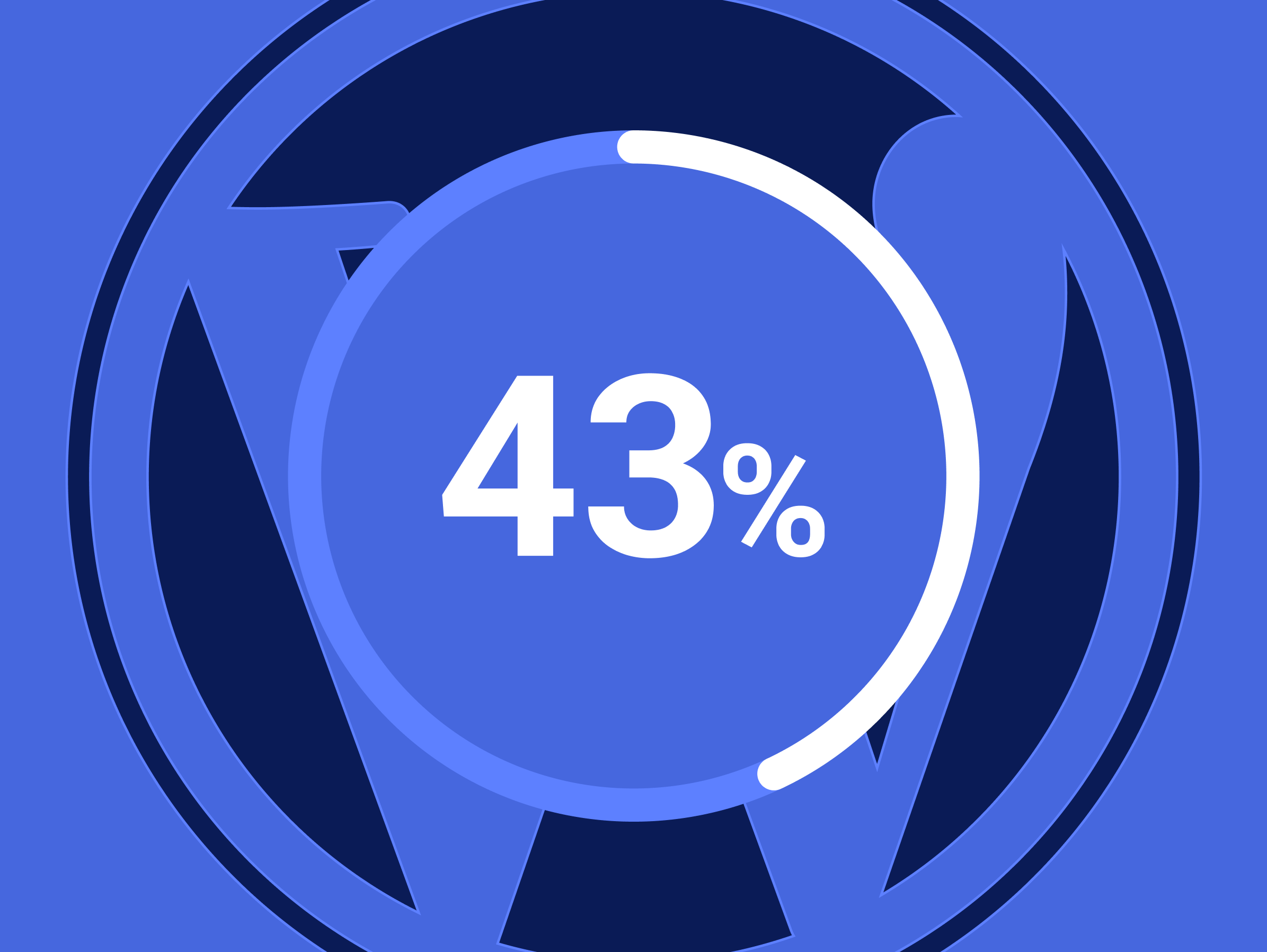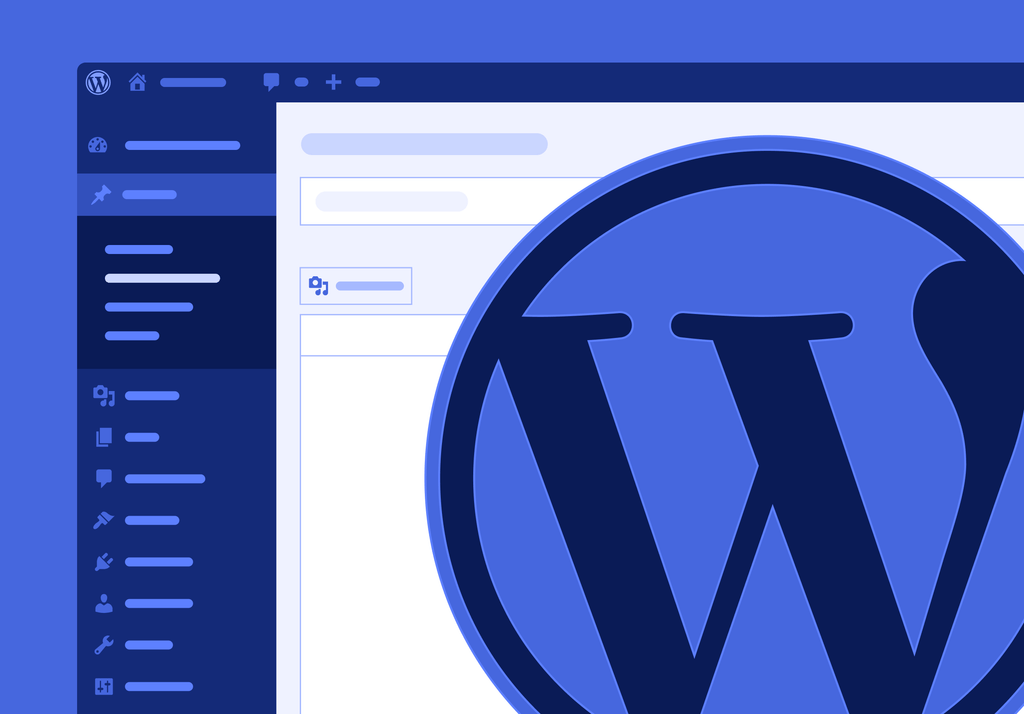WordPress came to prominence as a blog-publishing system in the early 2000s, but it’s come a long way since then. Altis CEO Noel Tock and Director of Product Ryan McCue share their take on why WordPress’ enterprise capabilities are well-used but little known.

Around 43% of all websites are built on WordPress, so why isn’t enterprise usage better known?
Noel: For me, the big issue is that WordPress is still thought of as a publishing tool. Part of the reason for this is that its user base is skewed towards retail and individuals; downstream users, in other words. I believe this stems from WordPress’ origins as a blogging platform, which really revolutionized the space at the time.
However, that was nearly twenty years ago, and, as with most technologies, the platform has evolved hugely since then – Sony, Disney, Tech Crunch, The New Yorker, IBM… all of these real behemoths are using WordPress to power their sites. The main problem is that perceptions haven’t kept pace with the reality of what WordPress is capable of today.
Ryan: I agree – there’s this persistent myth that WordPress is a consumer blogging tool that hasn’t changed since it was first created, even though features like custom post types and taxonomies were added, and many major organizations are using it to drive their companies forward today.
That said, some businesses are thinking about WordPress for things like powering a newsroom, press releases or investor relations; they don’t put WordPress in the same bracket as more traditional, ‘designed’ content management systems that are first and foremost for building a website for static content needs, then adding on blogging capabilities.
Noel: Interestingly, worldwide searches for WordPress peaked around seven or eight years ago, despite WordPress adoption continuing to rise. It’s become a very popular backend tool, but there’s a real lack of awareness of this – it’s not ‘the face’ of technology stacks, despite its popularity and capabilities. That space has instead been occupied by brands like Squarespace, Shopify or Adobe, big Superbowl-ad type companies, and the result is that enterprise-level users don’t realize that WordPress might be the ideal tool for them.
Ryan: There’s also a mistaken impression amongst non-WordPress developer communities that it is somehow lagging behind other technologies; that it’s a bit of a legacy tool that hasn’t kept up with the latest software architecture or design. This is simply not the case – most of the core WP systems have changed massively over the years, and are now unrecognizable from when these opinions were formed.
Popularity aside, is WordPress a legacy system? Sometimes big players can be the last to adopt new technologies…
Ryan: ‘Legacy’ is a word I often hear used negatively, but all it really means is that a piece of software was successful enough to survive for a long time. WordPress is around twenty years old and still going strong, which I believe is a massive achievement in today’s online environment. It’s viewed as ‘legacy’ because it still caters to its original user base as well as enterprise-level users, which to me just proves its commitment to users over branding – it’s a long-term, stable approach, which definitely isn’t a bad thing.
Noel: The question of WordPress’ branding is an interesting one, and one which I think neatly summarizes both the problem and the solution to this misunderstanding around the software.
Rather than tailoring their marketing to a specific niche like most platforms do, WordPress remained general. It’s that classic thing of trying to be everything to everyone, which ultimately results in being nothing to anyone – there’s no ‘hook’ or one-liner that accurately summarizes WordPress’ capabilities, and so I think that has resulted in this perception hangover and the legacy label.
Ryan: In fact, I believe that WordPress positioned itself well in terms of future-proofing its offering. The internet has been trending more towards active, social sharing and instant-access content for a while now, and WordPress is ideally placed to help businesses publish high volumes of reactive, instantaneous content.
Speaking of future-proofing, what does WordPress do well? Why do so many enterprise organizations choose WordPress over a competitor?
Noel: It’s a very high starting point to develop a final web experience. You can install plugins easily, but at the same time there’s huge potential for extending WordPress using agile, iterative processes. It can grow and scale as needed, be it security/compliance procedures, single-sign-on, multi-site, multilingual, multi-region… Time-to-value is also extremely important for businesses, and WordPress offers a very quick turnaround in terms of optimizing the speed of delivery.
Ryan: Something we see with a lot of WordPress competitors is that they offer a kind of ‘choose your own adventure’ building blocks model whereby anything is possible. However, it’s completely up to the user to put those blocks together into something usable, resulting in very disjointed experiences and slowing down that crucial time-to-value Noel mentioned.

Noel: WordPress also captured the importance of user experience (UX) and user interface (UI) very early on. It adapted well to the needs of marketing teams and has a great consumer focus. We saw this with newsrooms for example, where businesses could create these amazing experiences as well as offering larger inhouse teams the end-to-end workflow capabilities they needed to be able to execute effectively.
Ryan: Absolutely – one of the true strengths of WordPress is that it was built for people to actually use; all the pieces are ready and waiting for you to pick them up and run with them. It’s important to stress, though, that WordPress doesn’t only allow you to use the out-of-the-box elements, as I think that’s where a lot of the negative perceptions come from.
Noel: That option to take WordPress as far as you want is a really important point – the key WordPress moment for me personally was when custom post types came out. You had this elegant solution to create exactly what you wanted; it’s like a blank canvas where every brushstroke has an impact.
Ryan: It’s exactly that, but there’s empowerment of everyday, non-developer users, too. The whole plugin ecosystem is very easy to navigate, and there are a plethora of solutions for non-technical users that enable quick and easy extraction of business value; there’s no need for three months of development work just to get something done.
Stay tuned for more insights on all things WordPress – part 2 coming soon!
Still unsure if WordPress is the right choice for your organization?
Altis makes WordPress more accessible to enterprise.

